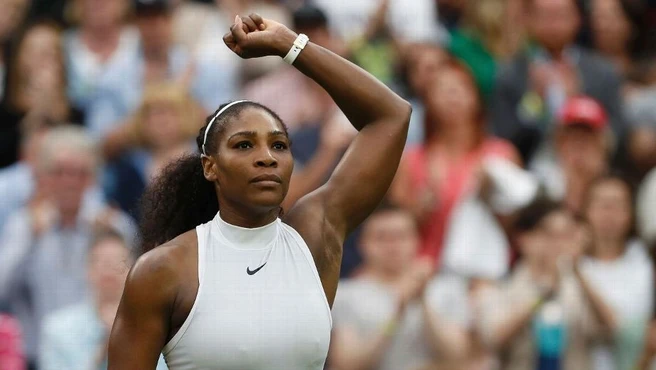Background and Objectives of the Study
In recent years, high-profile athletes like Serena Williams, LeBron James, and Jrue Holiday have taken visible and often controversial stands in support of racial justice, aligning themselves with the BLM movement. Their activism has received both widespread praise and sharp criticism, prompting scholars to ask: What determines whether fans support or reject athlete activism, especially when it pertains to race and social movements like BLM?
Previous studies have offered piecemeal insights into this question, suggesting that both fans' personal beliefs and their emotional attachments to athletes play a role. However, until now, these ideas had not been validated through a comprehensive, confirmatory research design.
Building on race theories and the meaning transfer model—a framework explaining how athletes’ personal values can influence fan perceptions—the present study aimed to empirically validate the two leading mechanisms suspected to drive fan attitudes: (1) support for the cause (i.e., fans' alignment with BLM), and (2) athlete fandom (i.e., the strength of fans’ identification with specific athletes). By incorporating diverse racial demographics and analyzing multiple athlete scenarios across a series of studies, the researchers sought to determine the robustness and generalizability of these mechanisms.
Results and Implications
Across four distinct studies, each focusing on a different athlete known for their activism, the research team consistently found that support for BLM was the strongest predictor of favorable fan attitudes toward athlete activism.
- Study 1a, which focused on Serena Williams, and Study 1b, centered on LeBron James, both demonstrated that support for the cause and athlete fandom each significantly predicted positive attitudes toward these athletes’ activism.
- Studies 2 and 3, which examined Jrue Holiday’s activism, reinforced these findings, but with a key distinction: Only support for BLM—not fandom—significantly predicted attitudes toward Holiday’s activism. This difference may reflect the relative public prominence and visibility of the athletes involved, as Williams and James enjoy higher overall media profiles and larger fan bases than Holiday.
These findings were confirmed through a single-paper meta-analysis, which aggregated the results across all four studies to provide a high-confidence estimate of effect sizes and relationships. “This study provides empirical clarity on a complex and often emotional topic,” said Prof. Dr. Jörg Königstorfer. “It confirms that attitudes toward athlete activism aren’t random or purely reactionary—they’re shaped by deeply held values and by the personal connections fans form with athletes over time.”
Implications for Sport, Society, and Media
The findings carry important implications for sports organizations, athletes, media outlets, and social justice advocates:
- For athletes, the study highlights the importance of authenticity and long-term relationship-building with fans. Activism from athletes with strong fan followings is more likely to be received positively—especially when fans also support the underlying cause.
- For sports marketers and leagues, understanding that fan response is mediated by political and racial identity suggests the need for more nuanced messaging around athlete activism. Blanket neutrality may not always be the most strategic or ethical approach.
- For scholars and policymakers, the study adds to the growing literature on how race and representation in sports reflect broader societal dynamics. Athlete activism is not just a performance—it is a cultural touchpoint with measurable influence on public attitudes.
Finally, the study underscores that athlete activism remains a vital and evolving component of contemporary sport, especially in the ongoing pursuit of racial equity. As more athletes speak out on critical issues, understanding the psychological pathways through which fans engage with their messages becomes not only academically interesting—but socially urgent.
Contact
Chair of Sport and Health Management
Prof. Dr. Jörg Königstorfer
Am Olympiacampus 11
80809 Munich
Phone +49.89.289.24559
Fax +49.89.289.24642
info.mgt@mh.tum.de
